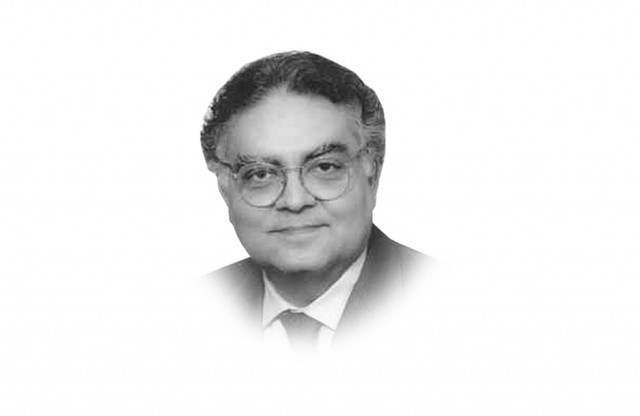
In last week’s article, I had indicated four main contradictions which contain the potential for change. The contradiction between the militant extremists and the state of Pakistan; the ideology of hate, bigotry and violence of the militants as opposed to the Islamic religious tradition of love, knowledge and peace; the despotic political order of the militants counterposed by a democratic political system; then we have an elite-based economy, incapable of sustained growth with structural tendencies for generating unearned incomes for the elite, aid dependence and persistent mass poverty. Counterposed to this is an alternative economic structure, predicated on broad-based competition, with opportunities for the middle classes and the poor for investment, high wage employment, productivity increase and innovation.
These four contradictions are configured around a central and fundamental contradiction: a despotic order based on bigotry, coercion and inhumanity pursued by the militants; against this, there is a democratic order that through freedom, equality and fraternity, provides opportunities for actualising the human potential — an order that gives a voice to the people in the process of legislation.
The resolution of these contradictions does not lie in a ‘compromise’ within the status quo. Rather these dialectics contain radically different possibilities for the future. This is a conjunctural moment in history when a point of inflection has been reached: the status quo in Pakistan is unravelling.
We can, therefore, move towards a Taliban state and descend further into oppression, disorder and disintegration. Alternatively, we could reconstruct a democracy that has so far failed to deliver, resurrect a dysfunctional economy and pull back a society descending into barbarism. The reconstruction would require a decentralised and participatory democracy that provides opportunities for election in each tier of the political structure to all of the people rather than merely the elite. Political democracy must be reinforced by an economic democracy that provides equitable access to the middle classes and the poor over productive investment, skills and public services. At the cultural level, there is a need to rediscover the tradition of the universal spirituality of love, beauty and justice that lies at the root of all religions. Pakistan’s polity and economy need to be underpinned by the age-old cultural norms of tolerance, of human solidarity, of sharing and caring.
Over the years, the extremists have rapidly gained strength. They are organised, highly motivated, well-armed and adequately funded. Their declared aim is to capture the Pakistani state and establish an ‘emirate’ to impose their own notion of the Sharia.
In the pursuit of this objective, the militant extremists have seized significant swathes of Pakistan’s territory in North and South Waziristan. They have also captured parts of the ideological space in the rest of Pakistan, have penetrated the media and some of the mainstream political parties. To the dismay of most citizens, the extremists also appear to have penetrated the security apparatus, including the military, as was demonstrated by the recent court-martial of a few middle level army officers. They have also launched a series of successful attacks on key military installations, killed a number of military officers and have assassinated political leaders, including, most tragically, Benazir Bhutto.
In the face of this ominous advance of the militant extremists, it is right and proper that army chief General Ashfaq Parvez Kayani has declared them the main threat to Pakistan. The elected democratic government had earlier declared militant extremists the enemies of the state and the way of life of its people. In the coming elections, the worth of a political party ought to be judged by its aim and ability to wage this, the battle for Pakistan on the political, economic and cultural fronts.
Published in The Express Tribune, September 3rd, 2012.







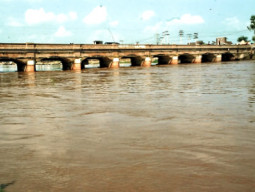

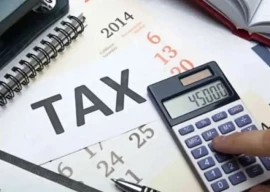
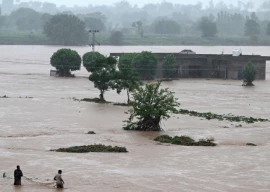
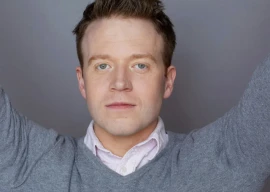


COMMENTS
Comments are moderated and generally will be posted if they are on-topic and not abusive.
For more information, please see our Comments FAQ